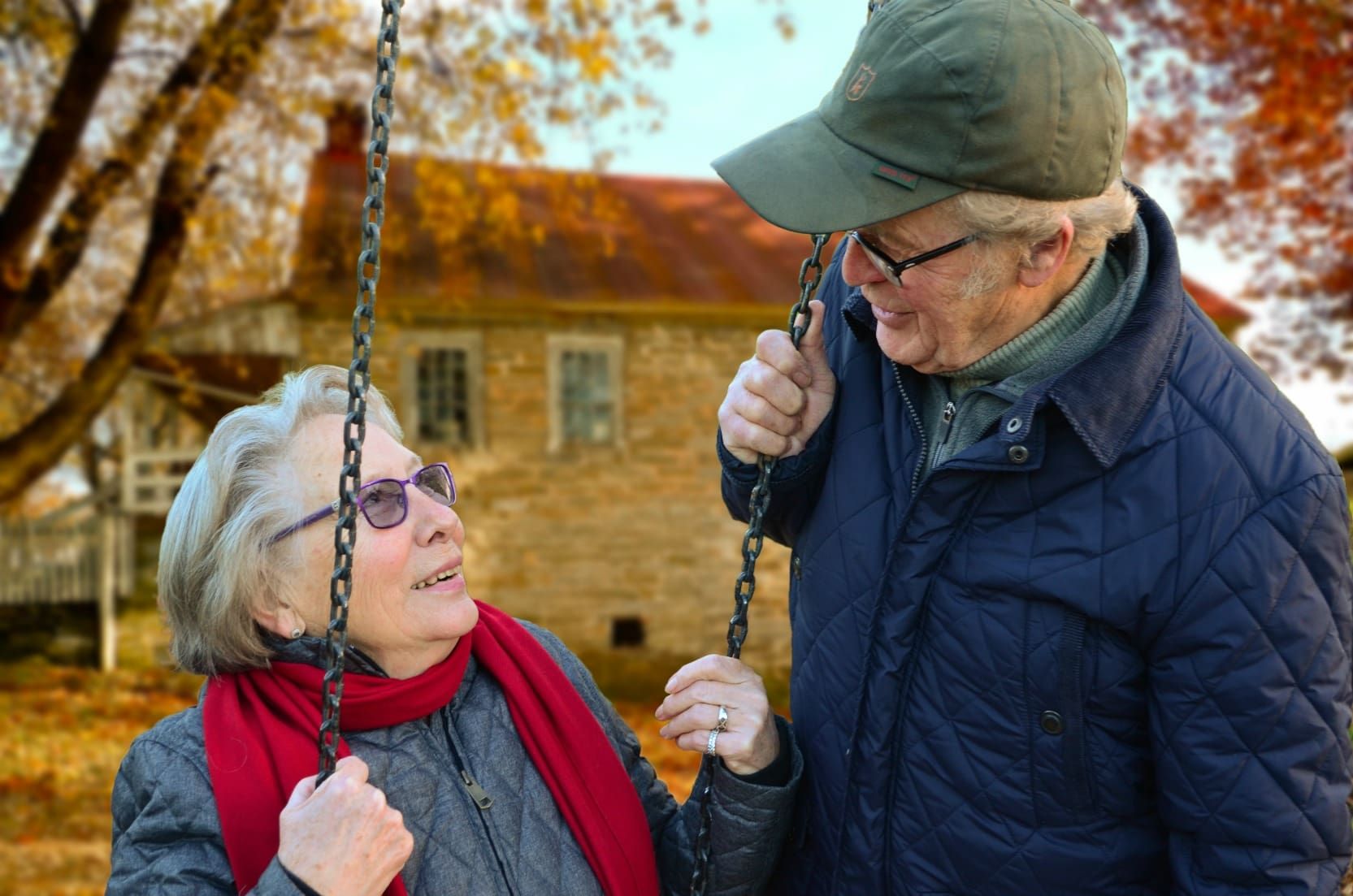
By Lydia Chan
Caring for a loved one with Alzheimer’s disease presents a number of problems, some that are expected and some that are completely unpredictable. Being informed and as prepared as possible can go a long way toward establishing a trusting relationship between you and your loved one.
And it can make it much easier for you to cope with the difficult behaviors and stressful situations that go with caring for an Alzheimer’s patient. Remember that this is going to be a difficult situation for you at times - take care of yourself so that you can be an effective care provider for your family member.
Ultimately, caring for someone with Alzheimer’s is a matter of trial and error. You need to find out what works for you and your care subject.

Establish a routine
Carefully observe how your loved one reacts to different situations and stressors so you can set up a daily routine that’ll help normalize things. Try to take advantage of those times of day when your relative tends to be lucid and more willing to cooperate.
These might be good times to bathe, get dressed, eat, and take care of any other daily functions that could cause confusion or frustration. Remember that each Alzheimer’s patient is different, and don’t expect that every day will go as planned, no matter how carefully you arrange things.

Communication
If this is your first experience with Alzheimer’s, try to bear in mind that the disease is severely destructive to memory and can easily cause an individual to get frustrated when he or she can’t remember something. That can make mutual understanding very difficult since you can’t be sure what may produce an angry response. A few simple guidelines can help keep things calm and quiet.
Always maintain an even and level tone and keep questions as short and uncomplicated as possible. Getting frustrated and cross-examining your loved one is guaranteed to end up in a bad place. Try to remember that this is still an adult and a family member, so keep it polite.
Don’t be patronizing or infantilizing, or talk over an Alzheimer’s patient: you may end up doing more harm than good. Alzheimer’s can cause inattentiveness and a loss of focus, so maintain eye contact when communicating (don’t just start addressing them; make sure you have their attention before you begin). And whatever you do, don’t interrupt - you don’t want to cause aggravation or contribute to a loss of confidence.

Bathing and dressing
Take careful notice of how your loved one reacts when you try to help with bathing and dressing. Those are two personal daily tasks that can be upsetting to an Alzheimer’s patient who’s used to handling them without a helper. It’s in your interest to save bathing and dressing for early in the day when your loved one is calmer. Be very careful with water temperature, explain each step before you begin, and make sure there are enough safety features, such as grab rails and non-slip mats.
Preventing falls
An Alzheimer’s patient who has trouble concentrating on immediate surroundings is a candidate for a nasty fall. Make sure your house is decluttered; a task that may require you to closely monitor each room. Throw rugs, low-sitting chairs, small tables and electrical cords should be kept cleared away.
Angie’s List cites safety railings in their list of top home modifications to make to increase safety. Railings should be installed throughout the house, and don’t forget to keep stairways blocked off at top and bottom.
A safe, nurturing environment
Providing a safe and nurturing environment for an Alzheimer’s sufferer requires patience and vigilance. Take the time to learn your loved one’s triggers and arrange your days to avoid them. Always remember that your care subject is an adult and worthy of your respect, even if things get a little out of hand from time to time.
AUTHOR BIO - After her Mother was diagnosed with Alzheimer's, Lydia Chan struggled to balance the responsibilities of caregiving and her own life.
She founded AlzheimersCaregiver.net as an online resource for fellow caregivers and seniors. In her spare time, Lydia writes articles about a range of caregiving topics.





